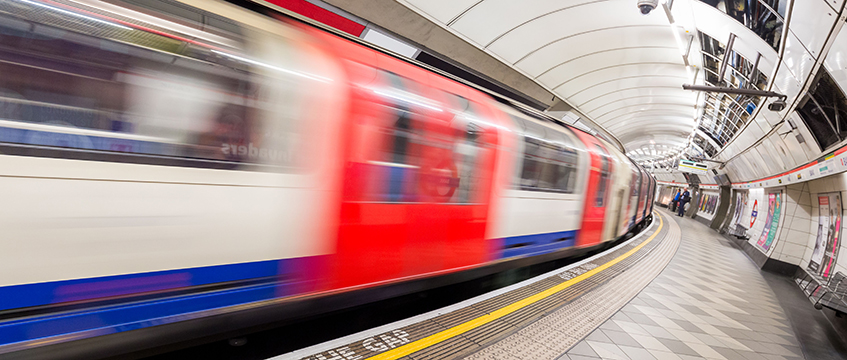TfL to establish new housing business
Transport for London has pledged to set up a dedicated housing development business.
London’s transport provider has laid out plans to create a commercial property company to generate long-term revenues, following the government’s latest £1.08bn bailout.
TfL and the Department for Transport will agree a business plan for the venture by 11 June. It will aim to deliver housing in high-demand areas and provide further revenue for TfL in the longer term.
Transport for London has pledged to set up a dedicated housing development business.
London’s transport provider has laid out plans to create a commercial property company to generate long-term revenues, following the government’s latest £1.08bn bailout.
TfL and the Department for Transport will agree a business plan for the venture by 11 June. It will aim to deliver housing in high-demand areas and provide further revenue for TfL in the longer term.
According to DfT’s Transport for London settlement letter, this plan should include assurance that the business “can demonstrate a contribution to the ‘double bottom line’ of housing delivery and financial returns”, including target milestones for housing delivery by 2024.
The strategy comes alongside a joint review of options for reform of TfL’s funding framework. DfT has mandated that TfL find £300m this financial year. However, in order to meet its budget it will need to raise this to £900m. TfL had previously secured £730m in savings in its budget.
The government has asked TfL to boost revenue with a further £500m to £1bn per year by 2023. This would see government support decline, with TfL becoming financially sustainable from April 2023.
Mayor of London Sadiq Khan said: “I have been clear to the government that there are very few options to do this, and forcing TfL to impose draconian additional measures on London would be unacceptable. So I will continue to work with the government to identify an appropriate source of funding.”
Khan added that he was hopeful that as fares revenue increases, TfL may be able to meet the government’s requirements.
The latest announcement follows government demands that TfL maximise commercial development activity. In a £1.8bn deal with government last November, the transport provider said it would identify projects in its £1.7bn portfolio of non-operational assets (valuation March 2020) for development and sale.
TfL has been pursuing development across its portfolio since 2015 in a bid to plug funding shortages. It aims to develop 10,000 homes across 300 acres of land, targeting £3.4bn in commercial revenue through joint venture partnerships. This includes the Connected Living London BTR partnership with Grainger and various joint ventures with developers ranging from smaller specialist SMEs to listed housebuilders.
To send feedback, e-mail emma.rosser@eg.co.uk or tweet @EmmaARosser or @EGPropertyNews
Photo © Alex Segre/Rex/Shutterstock











